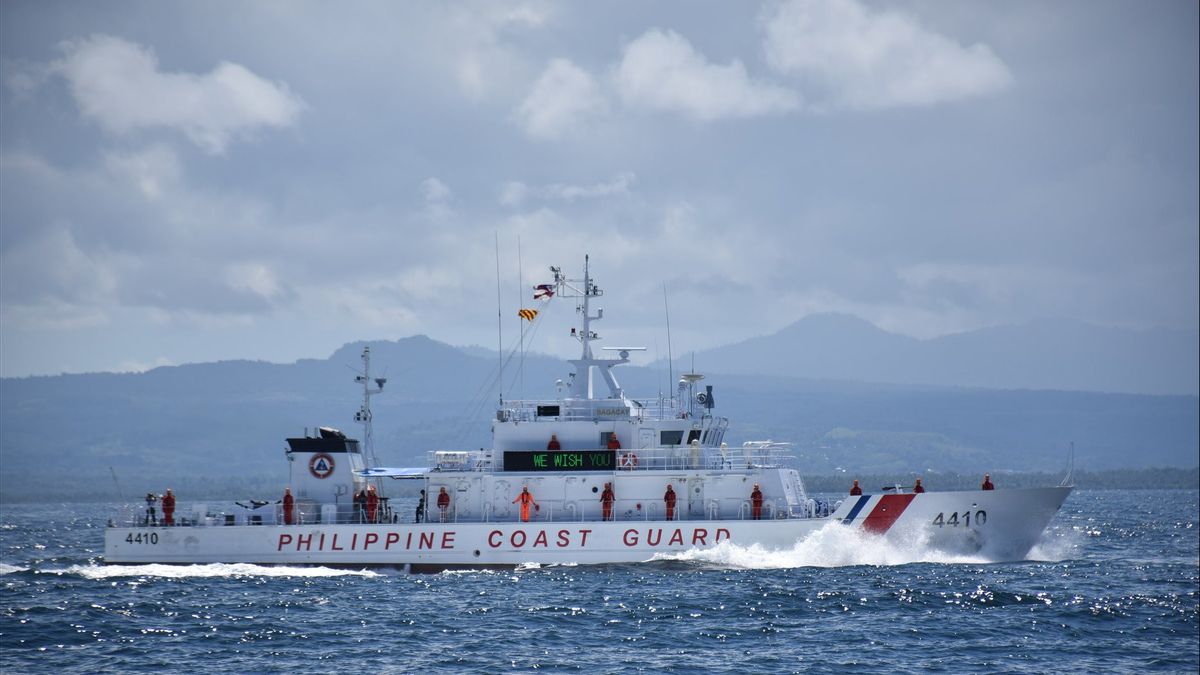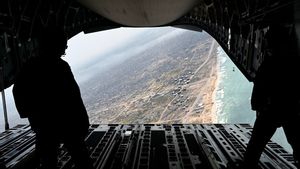JAKARTA - Philippine President Ferdinand Marcos Jr. ordered his government to strengthen maritime security coordination, to face a series of serious challenges "to territorial integrity and peace, as disputes with China escalate.
The order, which was signed on Monday and published on Sunday, did not mention China but followed a series of bilateral maritime confrontations and accused each other of disputed areas in the South China Sea.
The latest tensions occurred last weekend, when China used water cannons to disrupt a Philippine supply mission to the Second Thomas Shoal for soldiers guarding warships that were deliberately ran aground on the coral reef 25 years ago.
"Despite efforts to improve stability and security in our maritime territory, the Philippines continues to face a series of serious challenges that threaten territorial integrity, but also the peace of Filipinos," President Marcos said in the order.
Earlier, President Marcos Jr. on Thursday promised to implement countermeasures against "illegal, coercive, aggressive and dangerous attacks" carried out by Chinese coast guards.
His order expanded and reorganized the government's maritime council, adding national security advisers, attorney generals, heads of the National Intelligence Coordinating Board and the South China Sea task force.
The order appears to expand the role of the military by incorporating the Philippine Armed Forces, not just the navy, among the institutions supporting the council.
The renamed National Maritime Council will form a central body that formulates strategies to ensure a "integrated, coordinated and effective" framework for maritime security and awareness of the Philippines domain.
SEE ALSO:
President Marcos Jr. increased the number of institutions supporting the council to 13 of the nine, including the space agency and the Philippine University Institute for Maritime Affairs and Marine Law.
Meanwhile, China's Foreign Ministry did not respond to a Reuters request for comment on Sunday.
Beijing claims almost the entire South China Sea region, which is an annual ship trade route worth more than $3 trillion. China's claims overlap with claims by the Philippines, Vietnam, Indonesia, Malaysia, and Brunei. The Permanent Court of Arbitration in 2016 said China's claims had no legal basis.
The English, Chinese, Japanese, Arabic, and French versions are automatically generated by the AI. So there may still be inaccuracies in translating, please always see Indonesian as our main language. (system supported by DigitalSiber.id)


















